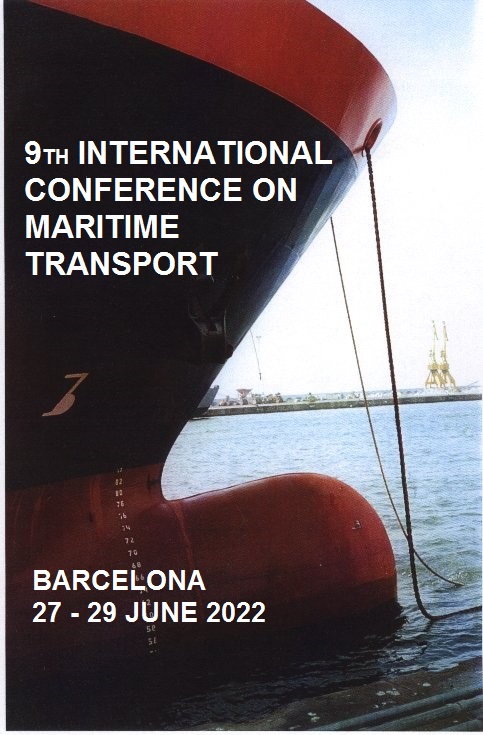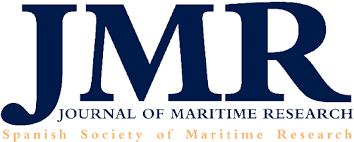Discussion of Stern-First-Method in Ship Handling for Ship Operation, Education & Training using Fast Time Simulation
DOI:
https://doi.org/10.5821/mt.11394Keywords:
Ship-handling, Voyage planning, Simulator Training, Fast-time simulation, SAMMON-PlanningAbstract
Some port approaches require challenging manoeuvring strategies for arrival and departure, specifically under heavy wind and current conditions. In recent papers a discussion of the “Stern-First-Method” SFM was started suggesting that it would be beneficial to go astern into the harbour instead of the conventional bow first method. In this paper the SAMMON software for “Simulation Augmented Manoeuvring Design, Monitoring & Conning” will be used to analyse this SFM for challenging scenarios to provide insights into the potential benefits of this methods.
This software is based on the innovative “Rapid Advanced Prediction & Interface Technology” (RAPIT) to simulate the ships motion with complex dynamic math models and to display the ships’ future track immediately based on Fast Time Simulation in an Electronic Navigational Chart for any rudder, thruster or engine manoeuvre planned by the navigator.
The SAMMON system has been developed and matured over years, and promising experiences were made at the Maritime Simulation Centre Warnemuende MSCW and other centres. Currently, specifically the use of the SAMMON Manoeuvring Planning tool will be an element of the transfer of knowledge within the current ERASMUS+ project EURO-ZA between the partners from Europe South Africa.
The benefits for increasing the effectiveness of lecturing and simulator training have been proven in previous publications and will be made visible in this paper by using simulator ships both twin screw and azimuth propulsion for discussion of the SFM manoeuvring strategies.













